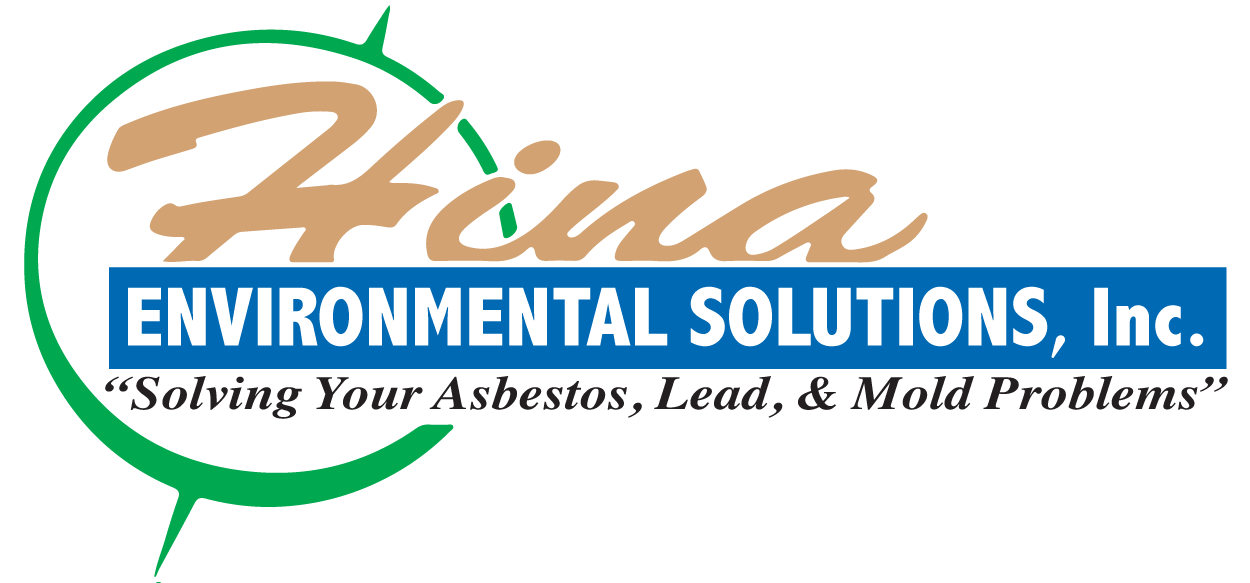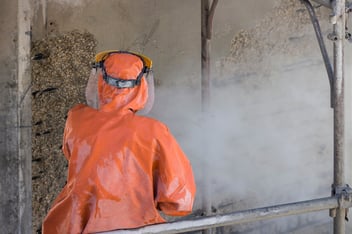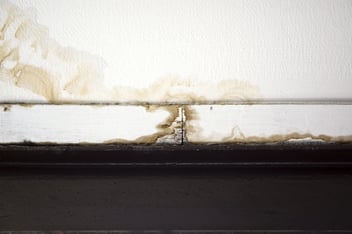Mold Abatement vs. Remediation: Understanding the Key Differences
Mold presents a challenge that homeowners and property managers frequently encounter, potentially resulting in health concerns and structural harm when ignored. When faced with mold growth, it's crucial to understand the difference between mold abatement and mold remediation to make informed decisions about how to address the issue effectively. In this blog post, we will delve into the distinctions between these two approaches and emphasize the importance of hiring professionals for all your mold-related needs.
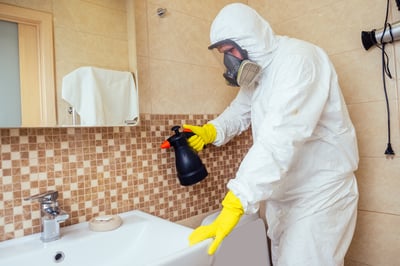 Similarities between Mold Abatement and Remediation
Similarities between Mold Abatement and Remediation
Before delving into the differences, it's essential to recognize the commonalities between mold abatement and remediation:
-
Both mold abatement and remediation aim to eliminate mold growth and prevent its return. The primary objective is to create a safe and healthy environment.
-
In both processes, a thorough inspection and assessment of the mold-infested area are essential. Identifying the extent of the problem helps develop an effective plan for removal or remediation.
-
Safety precautions are paramount. Professionals will wear appropriate personal protective equipment (PPE) and use containment barriers to prevent the spread of mold spores during the removal process.
-
Moldy materials that cannot be salvaged must be safely disposed of in accordance with local regulations.
Key Differences Between Mold Abatement and Remediation
Now, let's explore the differences between mold abatement and remediation:
Mold Abatement
Mold abatement focuses on stopping the spread of mold and reducing the overall mold count to acceptable levels. It's a process that often involves removing and cleaning contaminated materials. Here are the key characteristics of mold abatement:
-
Moldy materials such as drywall, insulation, or carpeting may need to be removed and replaced to eliminate the source of mold growth.
-
Surfaces that can't be removed are thoroughly cleaned using specialized cleaning agents and techniques to remove mold spores.
-
Proper ventilation and drying are essential to prevent mold from returning. This may involve repairing leaks or improving ventilation systems.
-
Mold abatement focuses on addressing the immediate issue but may not always include extensive preventive measures against future mold growth.
Mold Remediation
Mold remediation goes beyond abatement by addressing the root cause of the mold problem and implementing preventive measures to ensure it doesn't return. Here are the key characteristics of mold remediation:
-
Remediation starts with identifying and addressing the underlying cause of mold growth, such as water leaks or humidity issues.
-
Remediation involves the removal of moldy materials but also includes repairs to prevent future water intrusion.
-
Professionals will implement preventive measures like improved ventilation, waterproofing, and moisture control to reduce the likelihood of mold reinfestation.
-
Remediation typically includes post-remediation testing to ensure that mold levels are reduced to acceptable levels.
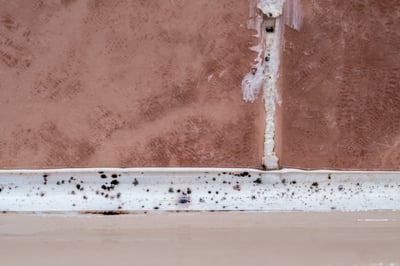 When to Choose Mold Abatement vs. Remediation
When to Choose Mold Abatement vs. Remediation
The choice between mold abatement and remediation depends on the severity of the mold problem and its underlying causes. Here are some guidelines to help you decide:
-
Mold Abatement: Choose mold abatement when the issue is localized, and the root cause, such as a small leak, has been identified and fixed. This approach is suitable for minor mold infestations.
-
Mold Remediation: Opt for mold remediation when the problem is extensive, the root cause is not apparent, or the mold keeps returning despite previous treatments. Remediation provides a more comprehensive solution.
Why Hire Professionals for Mold Abatement & Remediation
While some homeowners may attempt DIY mold removal, it's crucial to recognize the complexities and potential health risks associated with mold. Hiring professionals like Hina Environmental Solutions offers several advantages. We don't just remove mold; we address the root causes and implement preventive measures to minimize the chances of future mold growth. Hiring professionals like Hina Environmental Solutions gives you peace of mind, knowing that your home or property is in capable hands.
Understanding the differences between mold abatement and remediation is crucial for effectively addressing mold issues. While abatement focuses on immediate removal, remediation goes a step further to prevent future infestations. When faced with a mold problem, it's best to consult professionals like Hina Environmental Solutions who can provide expert guidance and comprehensive solutions. Don't compromise on your health and safety; choose professionals who can ensure a mold-free environment for you and your loved ones. Contact us today for all your mold-related needs and experience the difference expertise can make. Your health and the integrity of your property are our top priorities.
